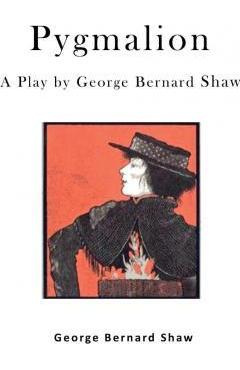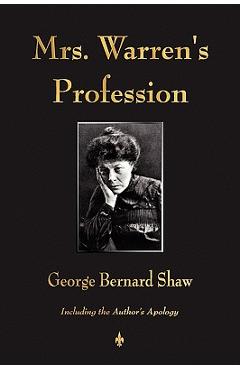Pygmalion: A Play by George Bernard Shaw - George Bernard Shaw

Detalii Pygmalion: A Play by George
libris.ro
62.42 Lei
Literary Collections
George Bernard Shaw
Pygmalion: A Play by George - Disponibil la libris.ro
Pe YEO găsești Pygmalion: A Play by George de la George Bernard Shaw, în categoria Literary Collections.
Indiferent de nevoile tale, Pygmalion: A Play by George Bernard Shaw - George Bernard Shaw din categoria Literary Collections îți poate aduce un echilibru perfect între calitate și preț, cu avantaje practice și moderne.
Preț: 62.42 Lei
Caracteristicile produsului Pygmalion: A Play by George
- Brand: George Bernard Shaw
- Categoria: Literary Collections
- Magazin: libris.ro
- Ultima actualizare: 11-04-2024 01:14:23
Comandă Pygmalion: A Play by George Online, Simplu și Rapid
Prin intermediul platformei YEO, poți comanda Pygmalion: A Play by George de la libris.ro rapid și în siguranță. Bucură-te de o experiență de cumpărături online optimizată și descoperă cele mai bune oferte actualizate constant.
Descriere magazin:
Pygmalion A Play by George Bernard Shaw George Bernard Shaw Pygmalion is a play by George Bernard Shaw, named after a Greek mythological character. It was first presented on stage to the public in 1913. Professor of phonetics Henry Higgins makes a bet that he can train a bedraggled Cockney flower girl, Eliza Doolittle, to pass for a duchess at an ambassador\'s garden party by teaching her to assume a veneer of gentility, the most important element of which, he believes, is impeccable speech. The play is a sharp lampoon of the rigid British class system of the day and a commentary on women\'s independence. In ancient Greek mythology, Pygmalion fell in love with one of his sculptures, which then came to life. The general idea of that myth was a popular subject for Victorian era English playwrights, including one of Shaw\'s influences, W. S. Gilbert, who wrote a successful play based on the story called Pygmalion and Galatea first presented in 1871. Shaw would also have been familiar with the burlesque version, Galatea, or Pygmalion Reversed. Shaw\'s play has been adapted numerous times, most notably as the musical My Fair Lady and the film of that name. Shaw mentioned that the character of Professor Henry Higgins was inspired by several British professors of phonetics: Alexander Melville Bell, Alexander J. Ellis, Tito Pagliardini, but above all, the cantankerous Henry Sweet.

Produse asemănătoare
Produse marca George Bernard Shaw

Pygmalion: A Play by George Bernard Shaw - George Bernard Shaw
![]() libris.ro
libris.ro
Actualizat in 11/04/2024
62.42 Lei




